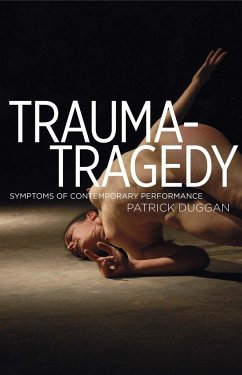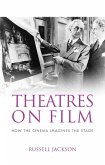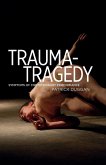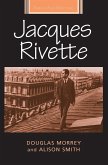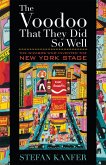Trauma-Tragedy investigates the extent to which performance can represent the 'unrepresentable' of trauma. Throughout, there is a focus on how such representations might be achieved and if they could help us to understand trauma on personal and social levels. In a world increasingly preoccupied with and exposed to traumas - social, personal, political, violent, psychological, fictional, local, global - this volume considers what performance offers as a means of commentary that other cultural products do not. The book's clear and coherent navigation of the key theories within performance studies and its analysis of key practitioners and performances (from Sarah Kane to Socìetas Raffaello Sanzio, Harold Pinter to Forced Entertainment, and Phillip Pullman to Franco B) make it accessible and useful to students of performance and trauma studies at all levels. Yet its rigorous and incisive interrogation of the complex relationship between performance, spectatorship and trauma make it of particular interest and usefulness to scholars and specialists.Duggan explores ideas around the phenomenological and socio-political efficacy and impact of performance in relation to trauma. Addressing questions of witnessing, presence, ethics and kinaesthetics, Trauma-Tragedy employs trauma and performance theories as the central theoretical frames but draws also on sociology, postmodernism and metaphysics in analyzing a range of contemporary performances as well as social and 'everyday' events that might legitimately be modeled as performative. Ultimately, the book advances a new performance theory or mode, 'trauma-tragedy', that suggests much contemporary performance, from live art through the so-called 'in-yer-face' theatre of the 1990s to popular theatre, can generate the sensation of being present in trauma through its structural embodiment in performance, or 'presence-in-trauma effects'. This book is aimed at scholars and students of Theatre, Drama and Performance, Trauma Studies, Cultural Studies, Sociology, Media and Communication and those concerned with questions of trauma, politics, ethics, and aesthetics in other disciplines.
Hinweis: Dieser Artikel kann nur an eine deutsche Lieferadresse ausgeliefert werden.
Hinweis: Dieser Artikel kann nur an eine deutsche Lieferadresse ausgeliefert werden.

